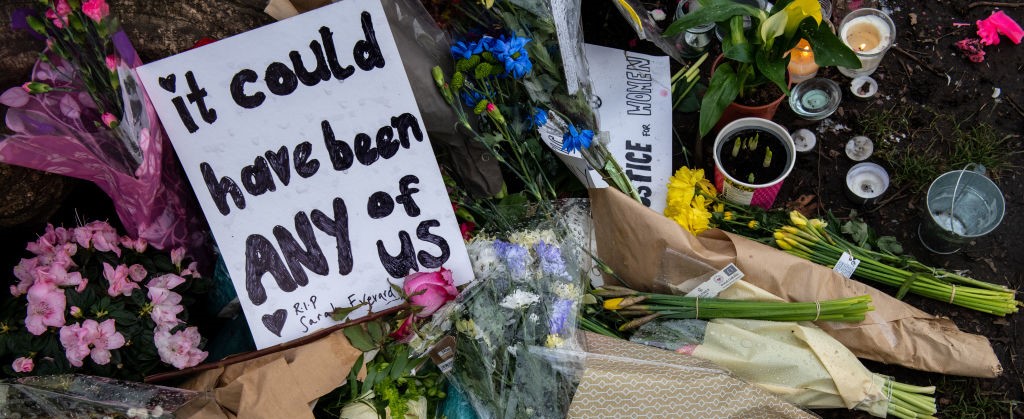‘Double hit’
Women in their 50s face the largest gender pay gap, a shock new report has found, with women in of that age earning on average £12,508 less than men in the same group – a gap of 28 per cent.
An analysis based on data from the Office for National Statistics (ONS) found that women working full-time in their 50s have a mean average salary of ÂŁ32,052, compared to more than ÂŁ44,000 for men.
The research from Rest Less, a website for jobseekers and volunteers in their 50s, found that both men and women are at their highest earning potential in their 40s, after which salaries drop off and the gender gap then balloons by 3 per cent.
The analysis found that the gender pay gap overall increases with age – it stands at just over 12 per cent for women in their 20s, then increases to 16 per cent for those in their 30s, after which it nearly doubles for those in their 40s. The gender pay gap reaches a peak of 28 per cent for workers in their 50s, then falls slightly to 27.6 per cent for workers 60 and over.
The latest research comes just as BBC presenter Samira Ahmed, 51, has taken her employer to an employment tribunal in a landmark equal pay case in which she claims she was paid less than her male colleagues for doing equivalent work.
Her case is the first in wave of equal pay claims that are set to be made against the broadcaster. Ahmed’s case is understood to be heard at a central London court from Monday (October 28) and is expected to last three days.
Commenting on its research, Rest Less founder Stuart Lewis said, “Our data shows that for Samira Ahmed – and other women in their 50s – the chances of them earning an equal salary compared to their male peers is at its slimmest.
“Women in their 50s are facing a tough time in the workplace,” he added. “Our latest research shows that women in their 50s are taking a double hit when it comes to their salaries, caused by both gender and age discrimination.”
Unite national officer Siobhan Endean welcomed this week’s research and the news of Samira Ahmed taking on the BBC in the fight for equal pay.
“This research reflects what Unite has been saying for a long time – gender and age discrimination have a massive impact on women’s earnings. This is just as true for top earners like Samira Ahmed as it is true for women at the bottom of end the pay scale.
“We welcome Ahmed taking on her employer – we hope the publicity alone will encourage women from all sectors to come forward if they believe they are being paid unequally for work of equal value, which is illegal, and to join a trade union. Your union can help you resolve equal pay problems through negotiating fair pay for all workers and can support a legal action on equal pay as a last resort.”
But Endean added that closing the gender pay gap – which is the overall difference between what men and women earn, regardless of job role – will require concerted and long-term action. Part of the answer, she said, will require changing workplace cultures and societal attitudes so that, for example, fathers are actively encouraged to take leave to care for their children.
Another important solution is through equal pay audits, which require employers to investigate and take action on any gender pay gaps they find within their workforce.
“To implement real change, all employers should be forced to carry out detailed pay audits and take action on any disparities they find,” Endean said. “We know from the equal pay audits Unite and other unions have negotiated with employers that they make a real difference – it’s time they were made mandatory.”
 Like
Like Follow
Follow

